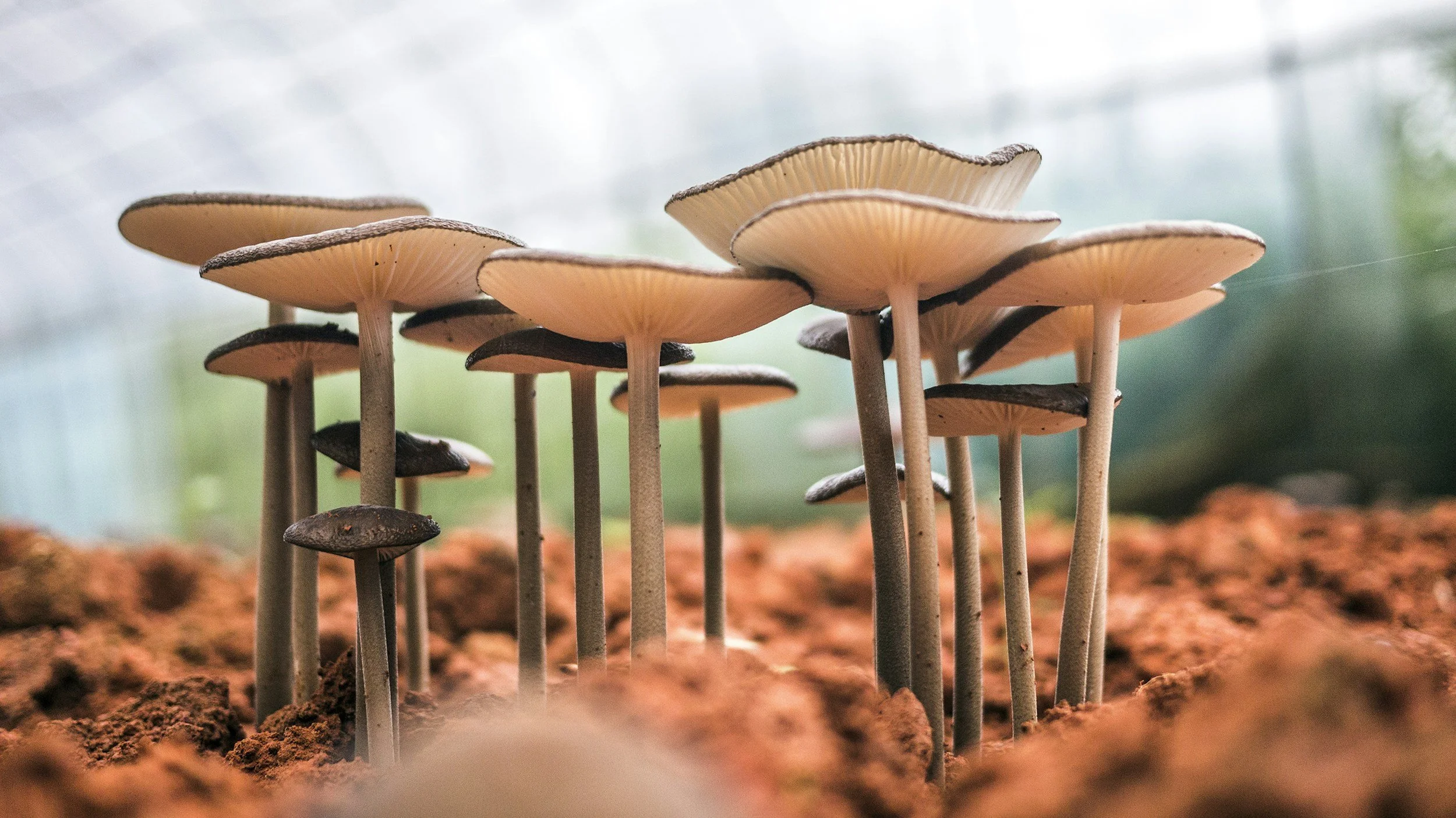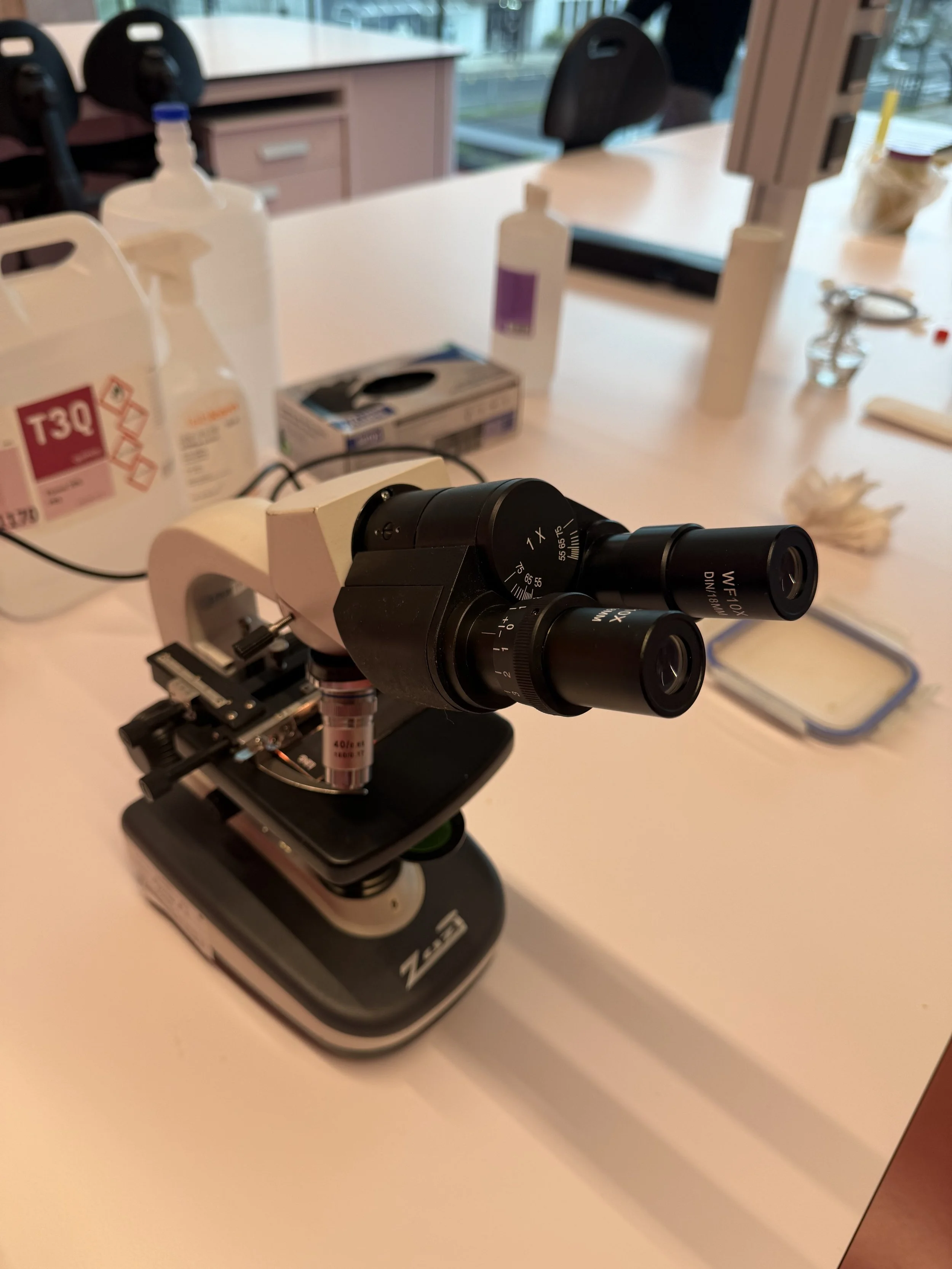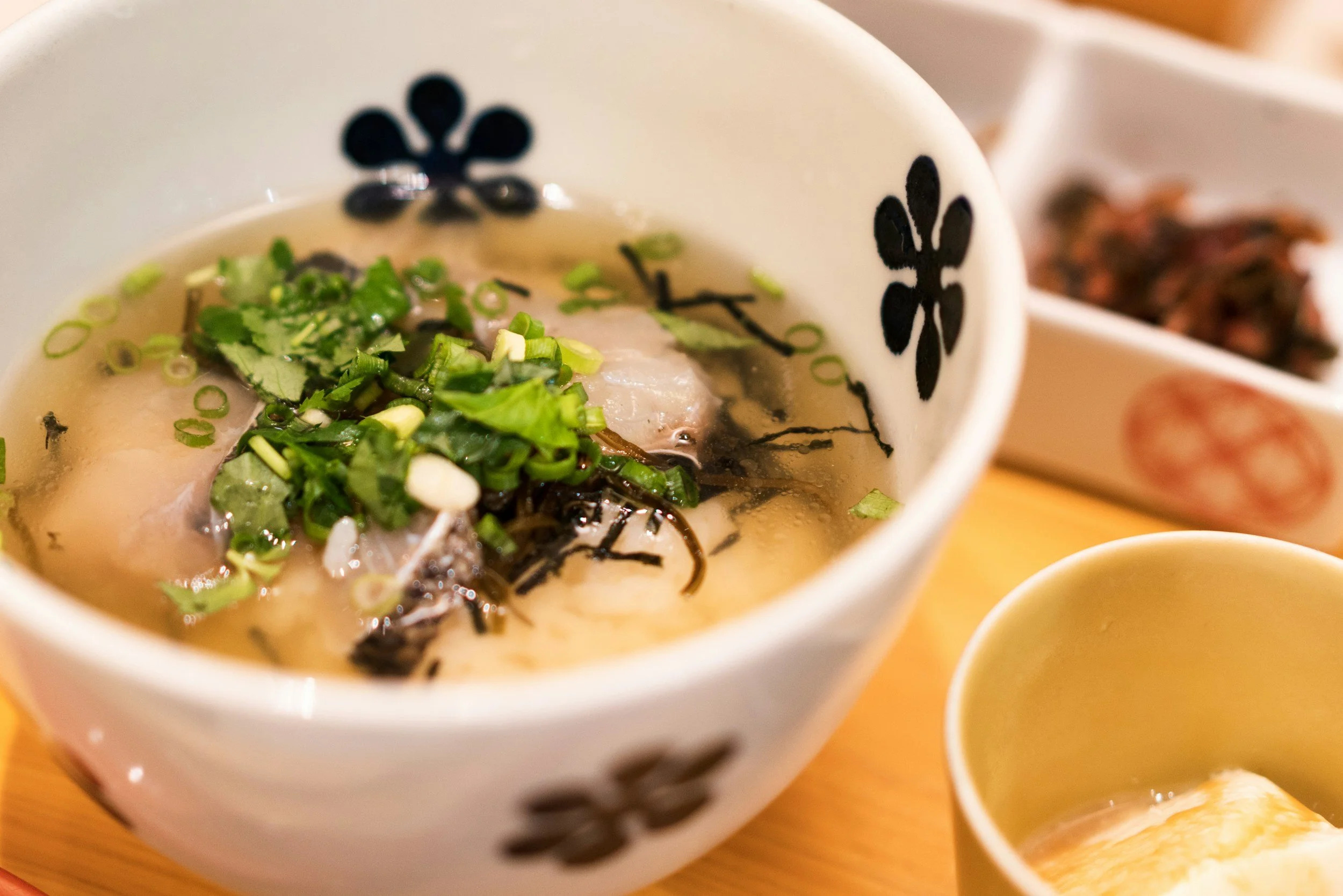
What Is Gastronomic Science?
A New Lens on Food, Culture, and Innovation
Gastronomic Sciences is the study of food in context.
It goes far beyond recipes or restaurant kitchens to explore how food connects to culture, history, sustainability, science, and justice. It asks questions like: Where does our food come from? Who grows it? How does it shape identity, community, and health? What role does it play in the future of our planet?
At its core, Gastronomic Sciences is about understanding food as a system and a story. It’s about connecting the farmer’s field to the kitchen table, the chemistry lab to the marketplace, and the personal meal to the global food chain. For me, it’s the perfect intersection of curiosity, creativity, activism, and healing. It’s why I chose to begin again as a graduate student in San Sebastián, Spain.
Below, explore some of my cornerstone articles to dive deeper.
Umami: The Elusive 5th Taste
Gastronomic Sciences

The Gastronomy Open Ecosystem (GOe)
The Gastronomy Open Ecosystem (GOe) is the innovation hub at the heart of the Basque Culinary Center. It’s where research, creativity, and collaboration come together to shape the future of food.
GOe isn’t just about classrooms. It’s about:
Research Labs where chefs, scientists, and students experiment with food systems.
Innovation Projects connecting food with technology, sustainability, and culture.
Collaborations with global institutions, food entrepreneurs, and cultural organizations.
Community Events that bring the public into the conversation around food futures.
For me, GOe represents the best of what Gastronomic Sciences can be: not just studying food, but creating real-world change. It’s about imagining and building better food systems — ones that are sustainable, just, and deeply human.
I’ll be sharing stories and reflections from inside GOe as part of my studies. Stay tuned!
So, What Does It All Mean?
Is gastronomy the same as culinary arts?
No. Culinary arts focus on how to cook: techniques, recipes, presentation.
Gastronomy looks at why food matters: culture, history, science, sustainability, and justice.
What jobs exist in gastronomy?
Gastronomy graduates work in food research, food policy, sustainability, education, hospitality, publishing, tourism, and cultural projects. Some become chefs, but many work in fields where food intersects with society.
How does gastronomy relate to sustainability?
Sustainability is at the core of gastronomy. It studies how farming, fishing, distribution, and waste impact the environment, and how we can create food systems that nourish both people and the planet.
Why is gastronomy important today?
Because food connects everything: health, environment, economy, identity. Studying gastronomy helps us understand how to feed people fairly, sustainably, and meaningfully in a changing world.
Is gastronomy just about fine dining?
Not at all. While gastronomy includes the study of haute cuisine, it also looks at everyday meals, street food, agriculture, traditions, and food justice. It’s as much about a family recipe as it is about a Michelin-starred dish.
Is gastronomy a new field?
Not entirely. People have been studying food for centuries, but “gastronomy” as a modern, interdisciplinary field has grown in the last few decades; blending science, culture, and activism into a formal area of study.
Do I need to be a chef to study gastronomy?
No. Gastronomy welcomes people from many backgrounds: history, science, agriculture, activism, communications. Cooking skills help, but curiosity about food and culture matters more.
Where can I study gastronomy?
There are programs worldwide, but one of the most recognized is the Basque Culinary Center in San Sebastián, Spain, where I’m studying.
What’s the difference between gastronomy and nutrition?
Nutrition focuses on how food affects health, calories, and nutrients. Gastronomy zooms out to look at the bigger picture (culture, environment, justice, and meaning) while still acknowledging nutrition as one piece of the puzzle.
From Food Justice to Student Visas
What it’s like to live and study in Spain. And what I’m learning.
Master's in Gastronomic Sciences Program
Learn all about my experience and my program beginning October 6!
Life in Spain
A window into the vibrant food culture I’ll be learning from every day.
Why I’m Moving to Spain for Gastronomy Grad School
My personal story of how I found this field and why I chose it in my mid-30s.
What Is Gastronomy? Food, Culture & Why It Matters
A guide to gastronomy, food systems, and why they matter today.
Inside the Basque Culinary Center: A Global Hub for Gastronomy
A deep dive into BCC and the Masters of Gastronomic Science program













